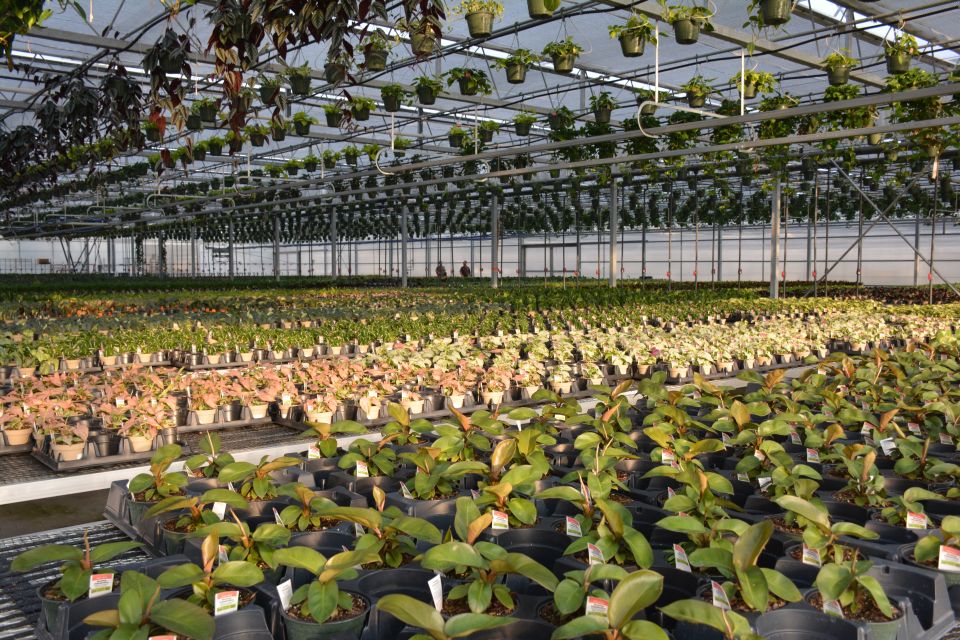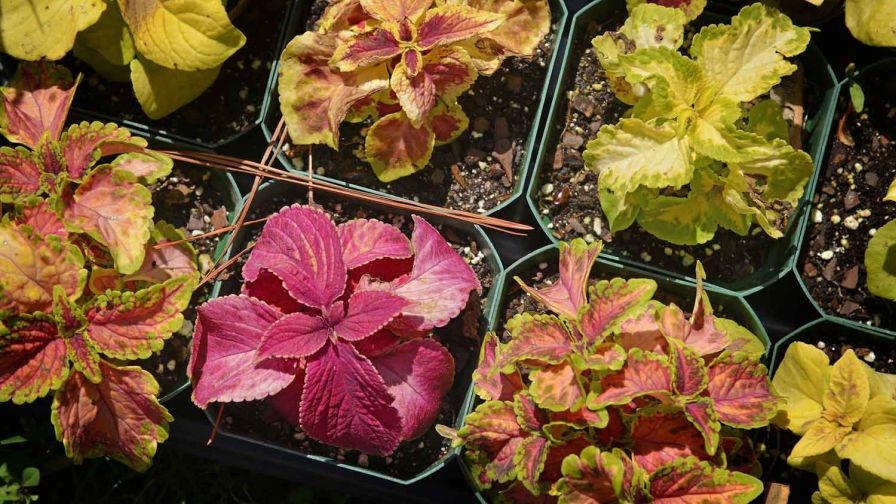Get Greenhouse Biocontrols Education By the Book

Photo: Koppert
The European Union sets strict requirements for the use of chemical pesticides. Many products will be, or already are, prohibited, which means that other solutions must be found for growers to protect their crops against diseases and pests.
The recently published book Microbial Bioprotectants for Plant Disease Management discusses the latest developments regarding biological crop protection using beneficial bacteria, fungi, and viruses. The book – with contributions from various authors and edited by researchers of Wageningen University & Research (WUR) and Koppert Biological Systems – provides a balanced picture of the possibilities and advantages, as well as the challenges, that use of biological crop protection entails.
In the book, international experts involved in research institutes and producers of plant protection products explain how beneficial microorganisms can be used to combat pathogens as part of biological crop protection. The authors provide a broad insight into how products are discovered, developed, and implemented in practice.
“In this book, experts from around the world describe numerous solutions found in nature to prevent and combat plant diseases, as well as examples of situations in which this is already happening,” says co-editor Willem Ravensberg of Koppert Biological Systems. “The book is a great source of knowledge and inspiration for researchers, product developers, policy makers, and end users and demonstrates that beneficial micro-organisms are essential for sustainable agriculture in the near future.”
Biological crop protection helps to maintain and protect biodiversity. But the complex and very time-consuming authorization procedure still hinders the application of biological products.
“This book is particularly valuable because of its combined focus on science and application. Information on market perspectives and the authorization policy for biological products is essential for every researcher that develops new sustainable crop protection methods,” says Jürgen Köhl, senior researcher at WUR and one of the book’s editors.
More information on the book is available here.








